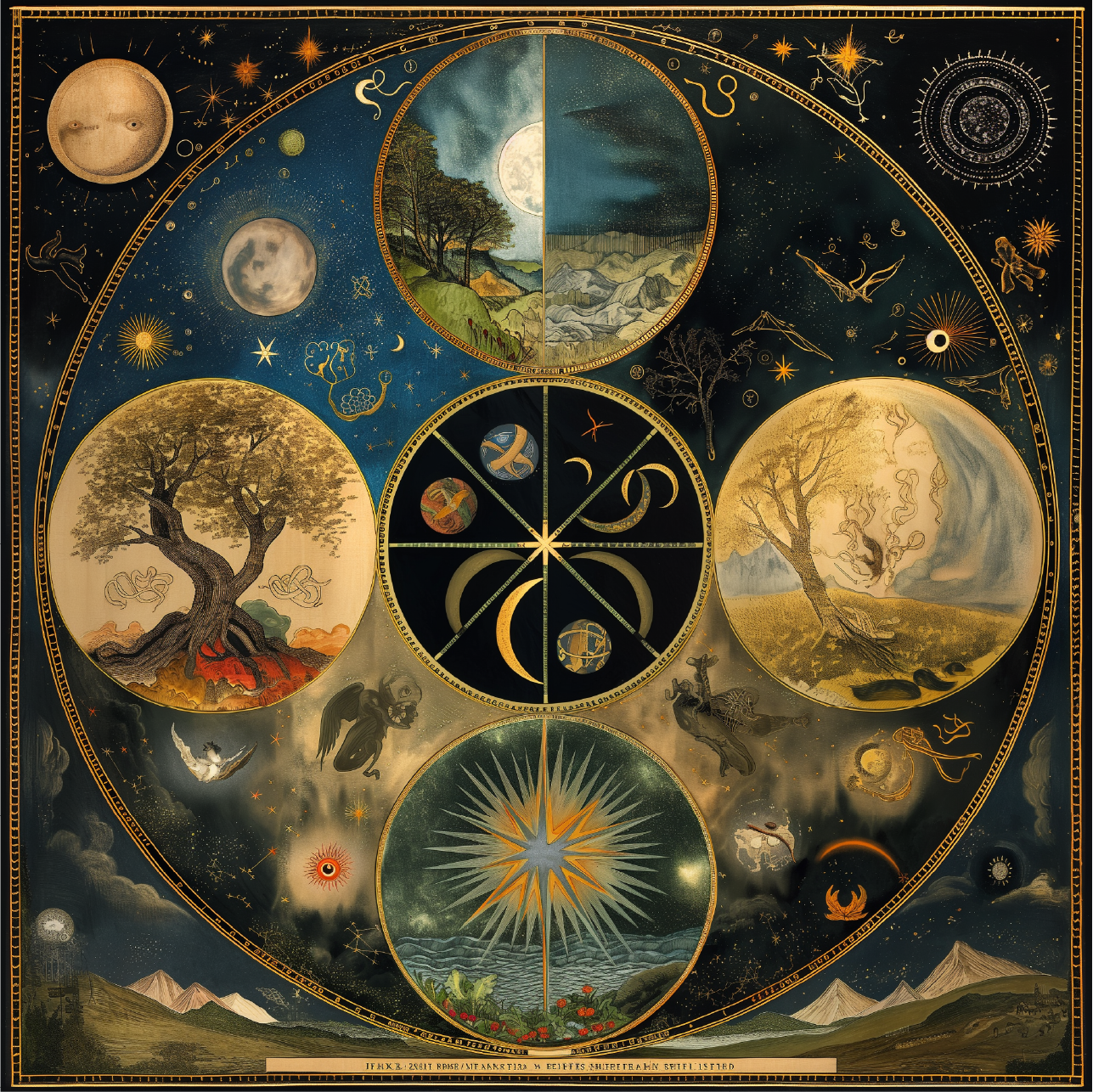The Caregiver archetype, as described by Carl Jung, embodies compassion, nurturing, and selflessness. This archetype represents the innate human drive to protect, support, and care for others, especially those who are vulnerable or in need. Caregivers are characterized by their deep empathy, generosity, and willingness to sacrifice their own needs for the well-being of others.
At its core, the Caregiver archetype symbolizes the universal human experience of nurturing and caregiving, whether it be for family members, friends, or even strangers. Individuals who resonate with this archetype are often drawn to roles such as parents, caregivers, nurses, and social workers, where they can express their innate desire to nurture and support others.
In the psyche, the Caregiver archetype represents the maternal and paternal instincts that drive us to protect and care for those we love. Caregivers often experience a deep sense of fulfillment and purpose in providing for the needs of others, whether it be through emotional support, physical care, or practical assistance.
However, the Caregiver archetype also carries the potential for shadow aspects, such as over-protectiveness, codependency, and martyrdom. When these shadow traits dominate, individuals may become enmeshed in their caregiving roles to the point of neglecting their own needs or boundaries.
In myth and folklore, the Caregiver archetype is often represented by figures such as mother goddesses, saints, and other nurturing and compassionate figures who embody the ideal of selfless caregiving. These archetypal stories serve as symbols of love and compassion, reminding us of the importance of caring for others and nurturing the human spirit.

.png)


